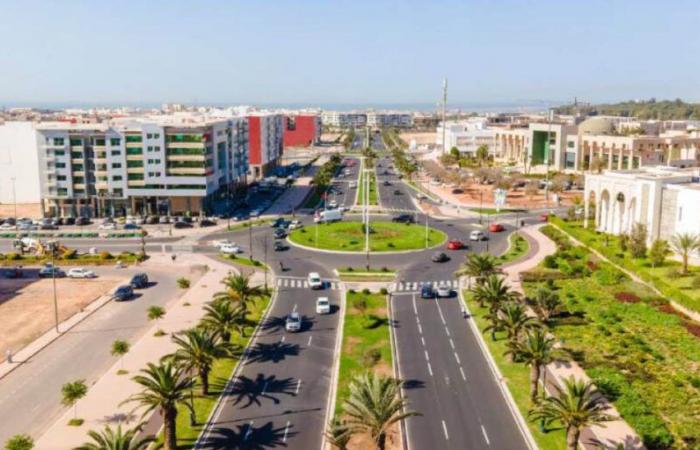The Greater Agadir local development company for mobility and urban travel has relaunched the study for the implementation of an action plan for parity within the public transport network. This includes conventional buses and the future high level of service bus line (BHNS).
While waiting for the new delegatee who will operate the first high level of service bus line (BHNS) in Agadir, and the approval of the new standard contract for delegated management, the local development company (SDL) Grand Agadir for mobility and urban travel has relaunched the study for the implementation of an action plan for gender parity within the public transport network.
The latter includes conventional buses and the future BRT line, the updated cost of which has increased from 1.2 billion dirhams (billion dirhams) to 1.5 billion dirhams. Funded by a grant awarded by the French Development Agency (AFD), the said action plan aims to promote good practices, in particular pay parity and female employment in public transport.
Estimated at more than 1 MDH, the study will require an overall completion time of 12 months. In order to better identify the obstacles affecting the use of public transport by women and to facilitate access to it for women, the study will be based, among other things, on a qualitative sociological survey with a representative sample of women. from Agadir. The latter will be chosen within the socio-economic zones belonging to the municipalities of the agglomeration.
The sample will also include local residents living in neighborhoods crossed by the BRT line. Focus groups will be carried out on mothers from disadvantaged households living far from the city center in addition to a group of middle-class women, another group made up of young women and finally another group composed of students, knowing that the BRT line passes close to the university campus.
Parity, one of the pillars of the new delegated management contract for public transport
Pending the identification of the obstacles to mobility, the broad outlines of the principle of parity will be integrated into the new delegated management contract with the future delegatee. The launch of the call for tenders for the delegated management of the public transport service and the implementation of the new contractual investment program is conditional on the contractualization with a new delegatee and the validation of the new delegated management contract by the central powers.
In addition, the classic bus network, which is used on average by 150,000 travelers every day, will also be restructured in a logic of complementarity with the BRT. Currently, the classic bus network consists of 36 radially structured lines, concentrated mainly in the city center and operated by the company Alsa within the framework of a public service delegation contract which ends in 2025. The exact terms of network restructuring and the future contractual mode of management and post-concession integration are currently being defined.
According to SDL Agadir Mobility and Travel, the restructuring project provides for an overhaul of the organization of the network’s lines while supporting the deployment of the BRT line. Objective: to ensure connections, the structuring of service on secondary and tertiary corridors, but also to respond to the challenges of serving peripheral districts.
Improved safety and comfort
One of the aims of the action plan on parity in public transport in Greater Agadir is first and foremost to enable women to benefit from improved safety, comfort and service provided. This is how the future BRT line, which will use 30 high-capacity vehicles (130 passengers, or buses 18 to 21 meters long) aims to significantly improve the mobility conditions of women.
The plan is also supposed to allow them increased access to socio-economic opportunities. According to studies carried out, attendance on the BRT line should reach 60,000 passengers per day when it is put into service.
Yassine Saber / ECO Inspirations






